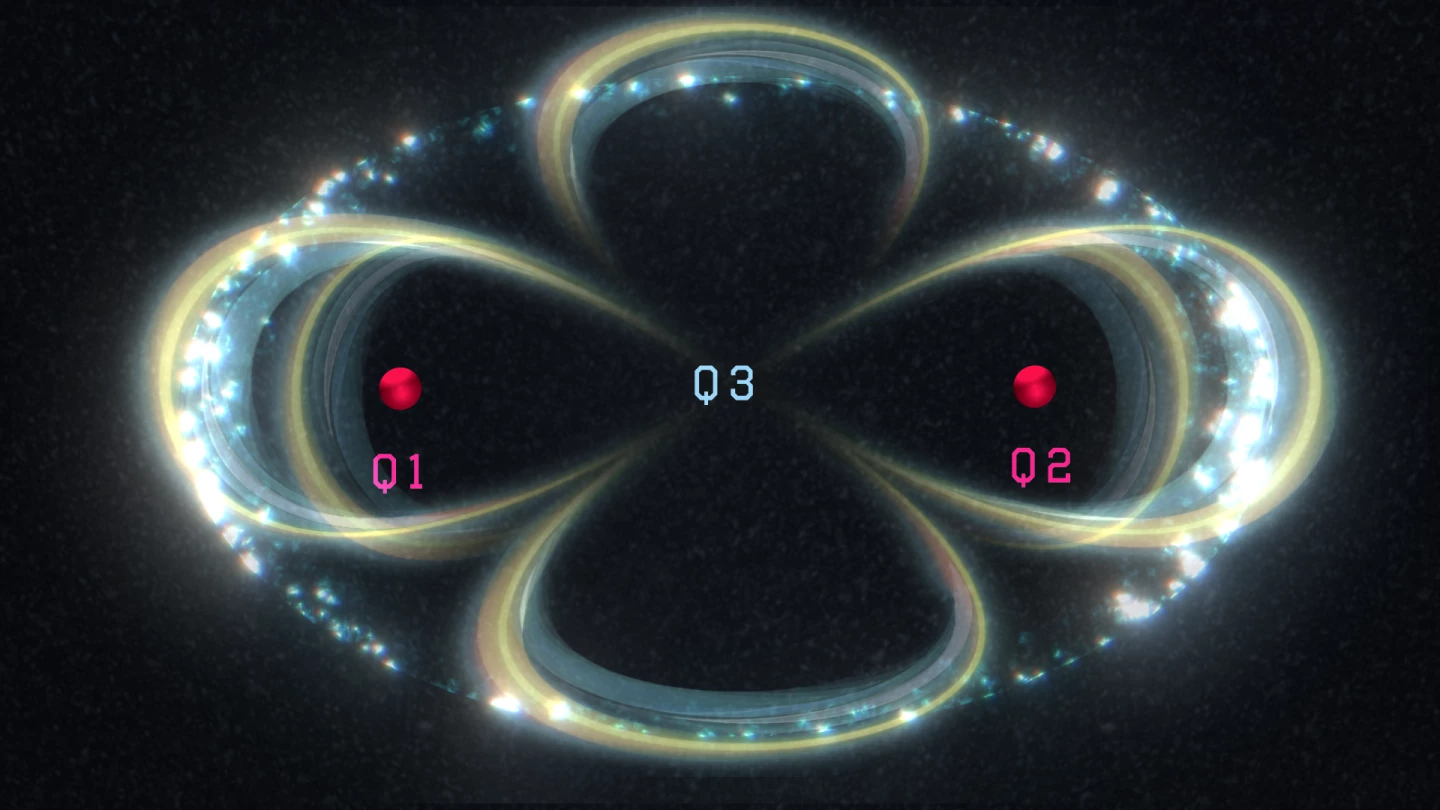Three teams of scientists from around the world have achieved a major milestone in quantum computing. All three groups demonstrated better than 99 percent accuracy in silicon-based quantum devices, paving the way for practical, scalable quantum computers that are error-free.
Classical computers store and process information in bits, which are represented as either a one or a zero. Quantum computers, however, use qubits that can be either a one, a zero, or both at the same time, thanks to the quantum quirk of superposition. This should allow quantum computers to become exponentially more powerful than classical ones. However, the quantum states are sensitive to outside interference, which can cause errors that severely limit the practicality of these machines.
But now, the three new studies have demonstrated quantum computer systems with error rates of less than one percent. Better yet, these devices were all based on silicon, which should make them easier to fabricate using existing commercial semiconductor infrastructure.
A team led by the University of New South Wales (UNSW) in Australia achieved a fidelity of 99.95 percent in a one-qubit system, and 99.37 percent with two operating qubits. A second team, at Delft University of Technology in the Netherlands, achieved 99.87 percent with one qubit and 99.65 with two. And finally, a team at RIKEN in Japan reached 99.84 percent fidelity in a one-qubit system and 99.51 percent with two qubits.
“When the errors are so rare, it becomes possible to detect them and correct them when they occur,” said Professor Andrea Morello, lead author of the UNSW study. “This shows that it is possible to build quantum computers that have enough scale, and enough power, to handle meaningful computation. This piece of research is an important milestone on the journey that will get us there.”

The UNSW system encodes information in the nuclear spins of phosphorus atoms, implanted in a silicon chip. The nuclei of these atoms are the core processor, performing quantum operations, and they’re connected to each other by way of an electron that’s quantum entangled with each atom.
“If you have two nuclei that are connected to the same electron, you can make them do a quantum operation,” said Dr Mateusz Mądzik, lead experimental author of the study. “While you don’t operate the electron, those nuclei safely store their quantum information. But now you have the option of making them talk to each other via the electron, to realize universal quantum operations that can be adapted to any computational problem.”
The Delft and RIKEN experiments were conducted using the spins of two electrons as qubits, with each confined to a quantum dot made of silicon and a silicon-germanium alloy.
With all three teams surpassing 99 percent accuracy, the researchers say that the next steps are to design practical silicon quantum processors that can be scaled up for commercial quantum computers.
The three studies were all published in the journal Nature [1],[2],[3]. The UNSW team describes the work in the video below.


